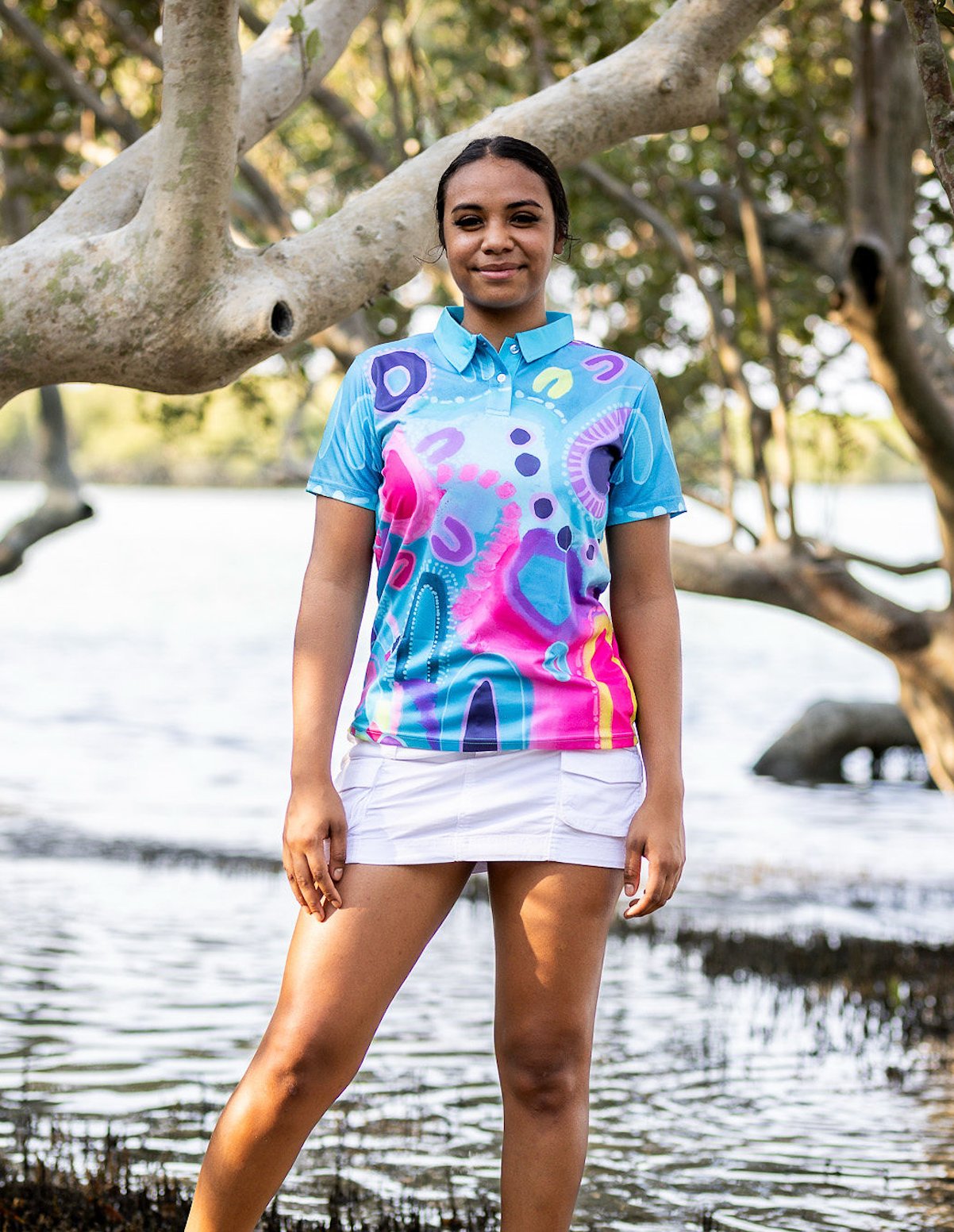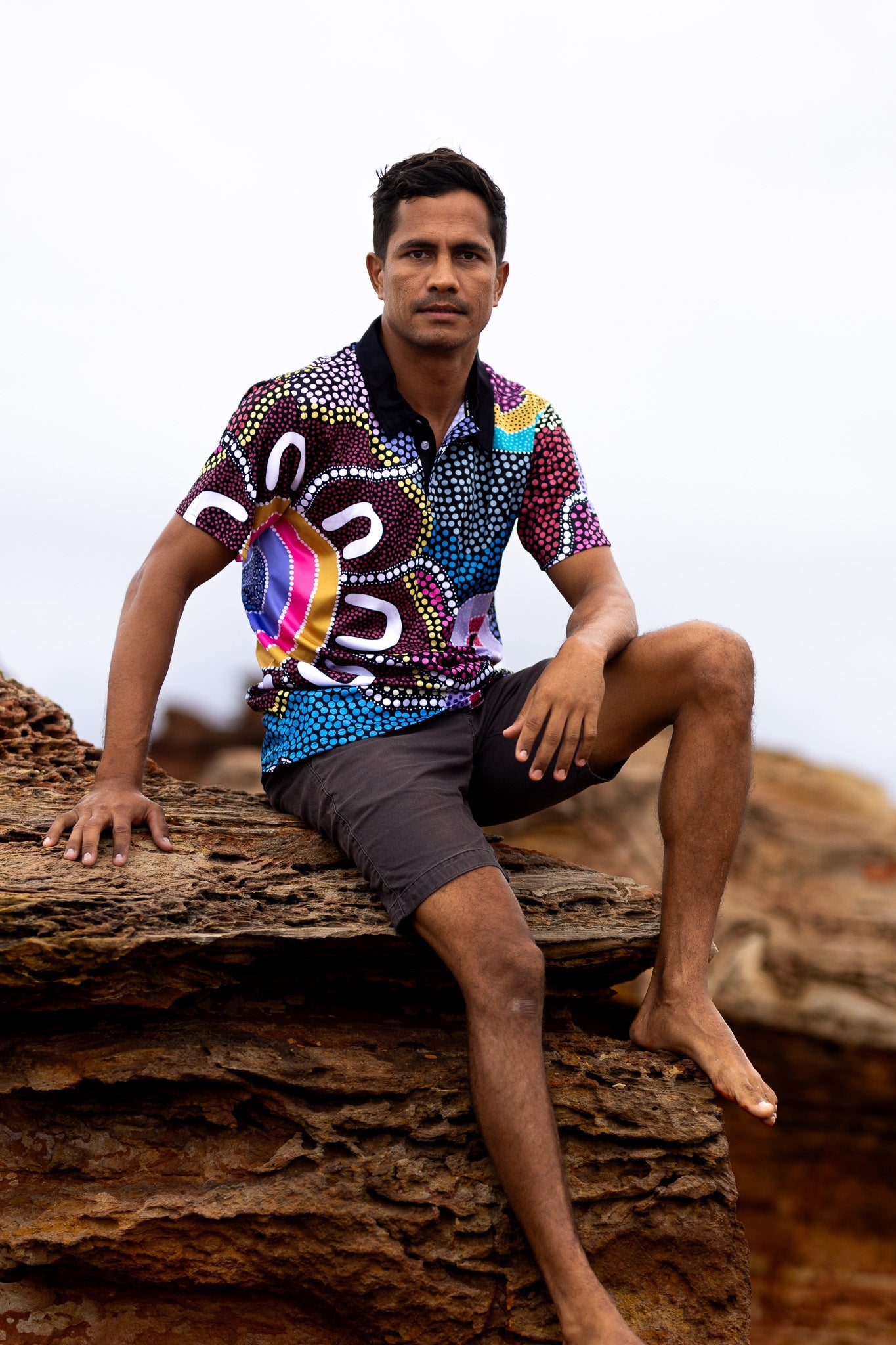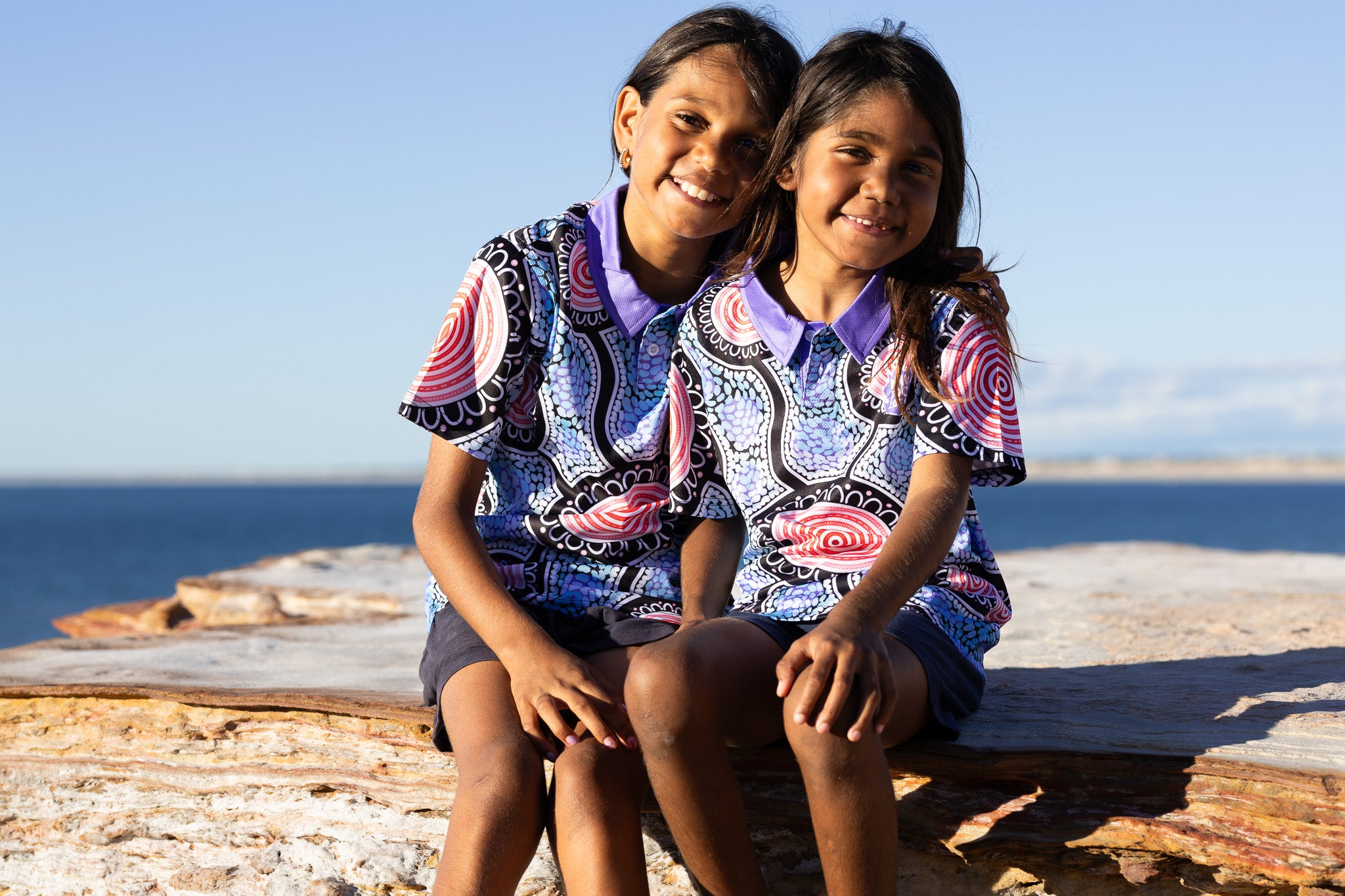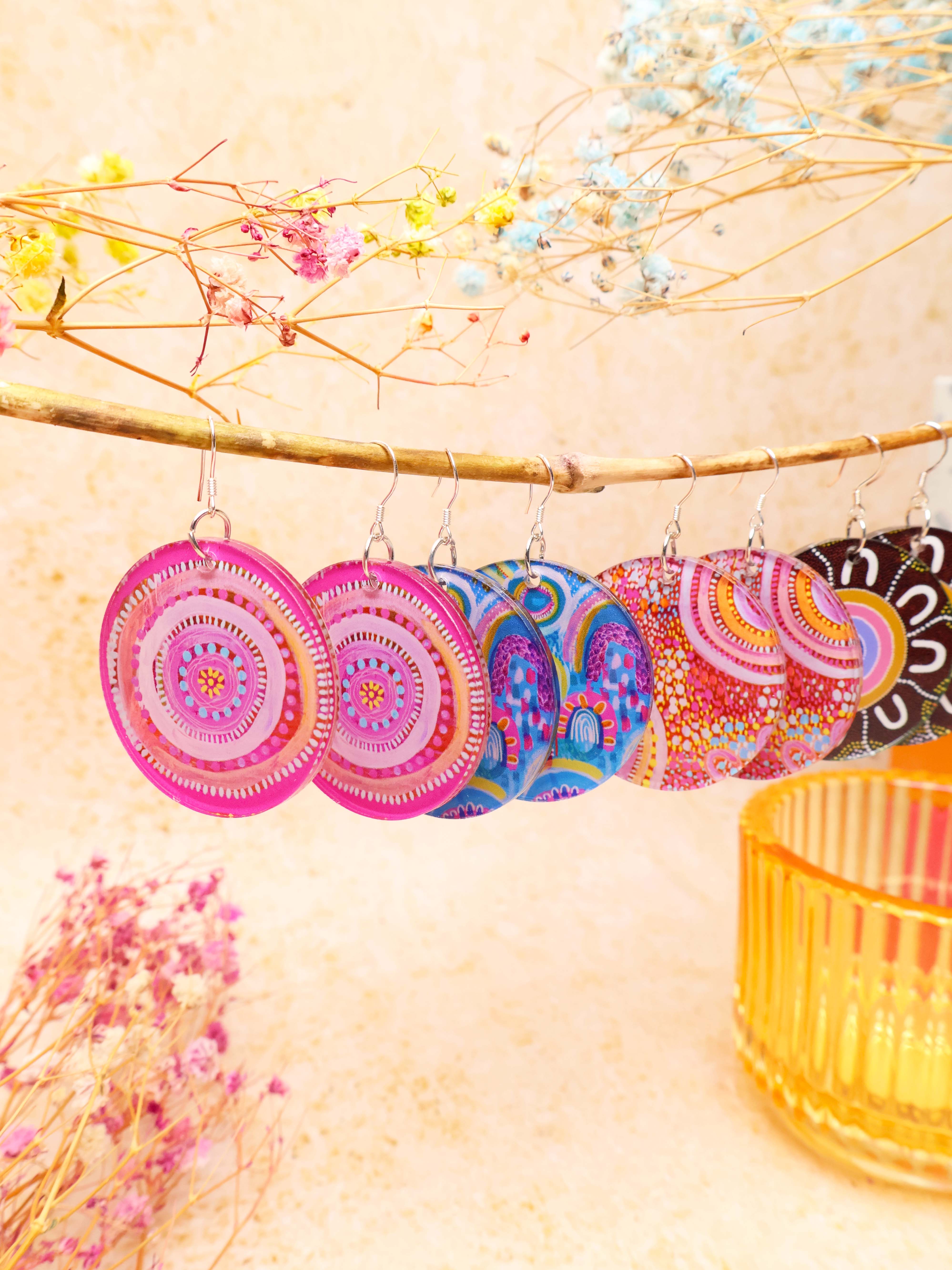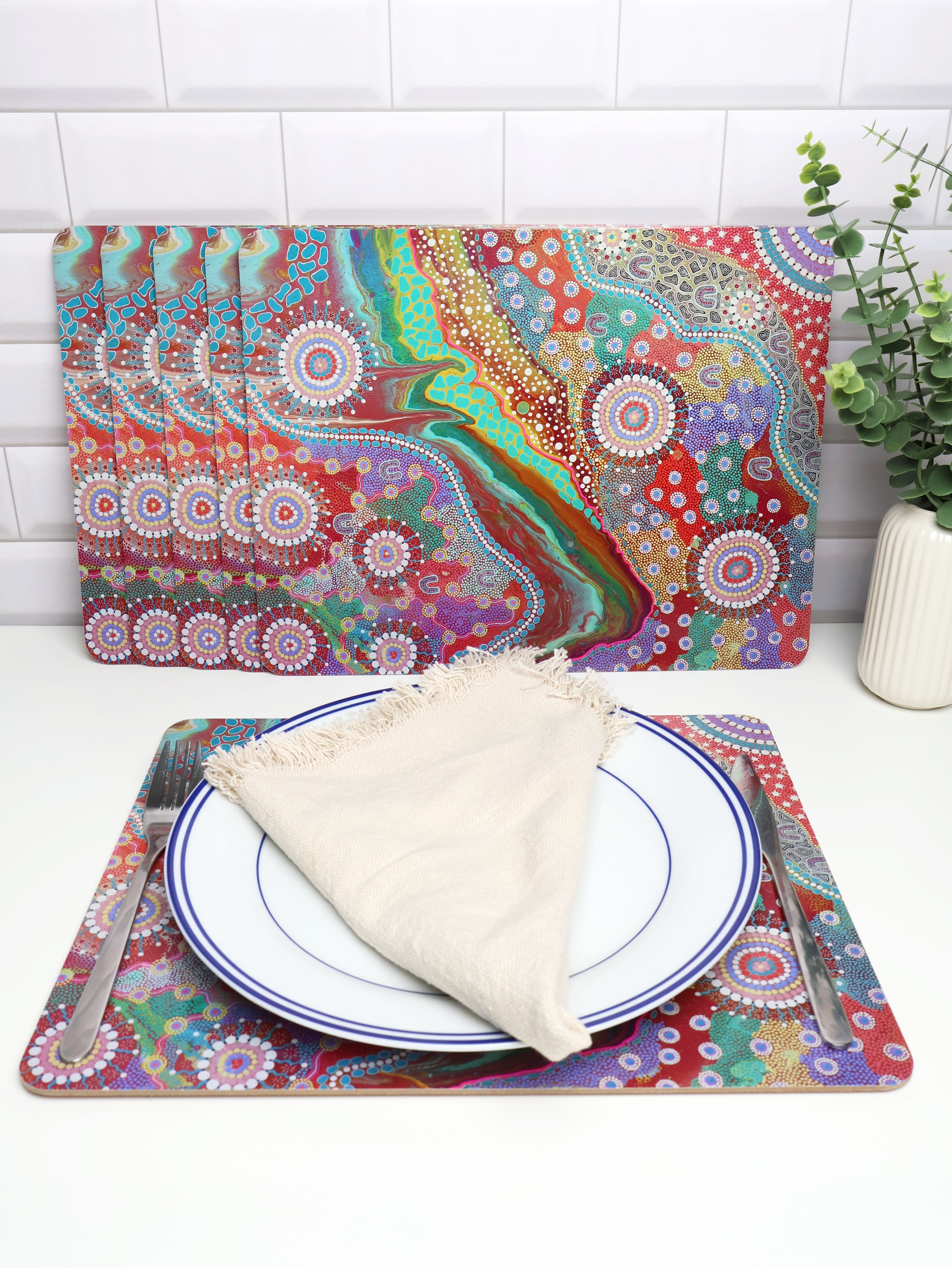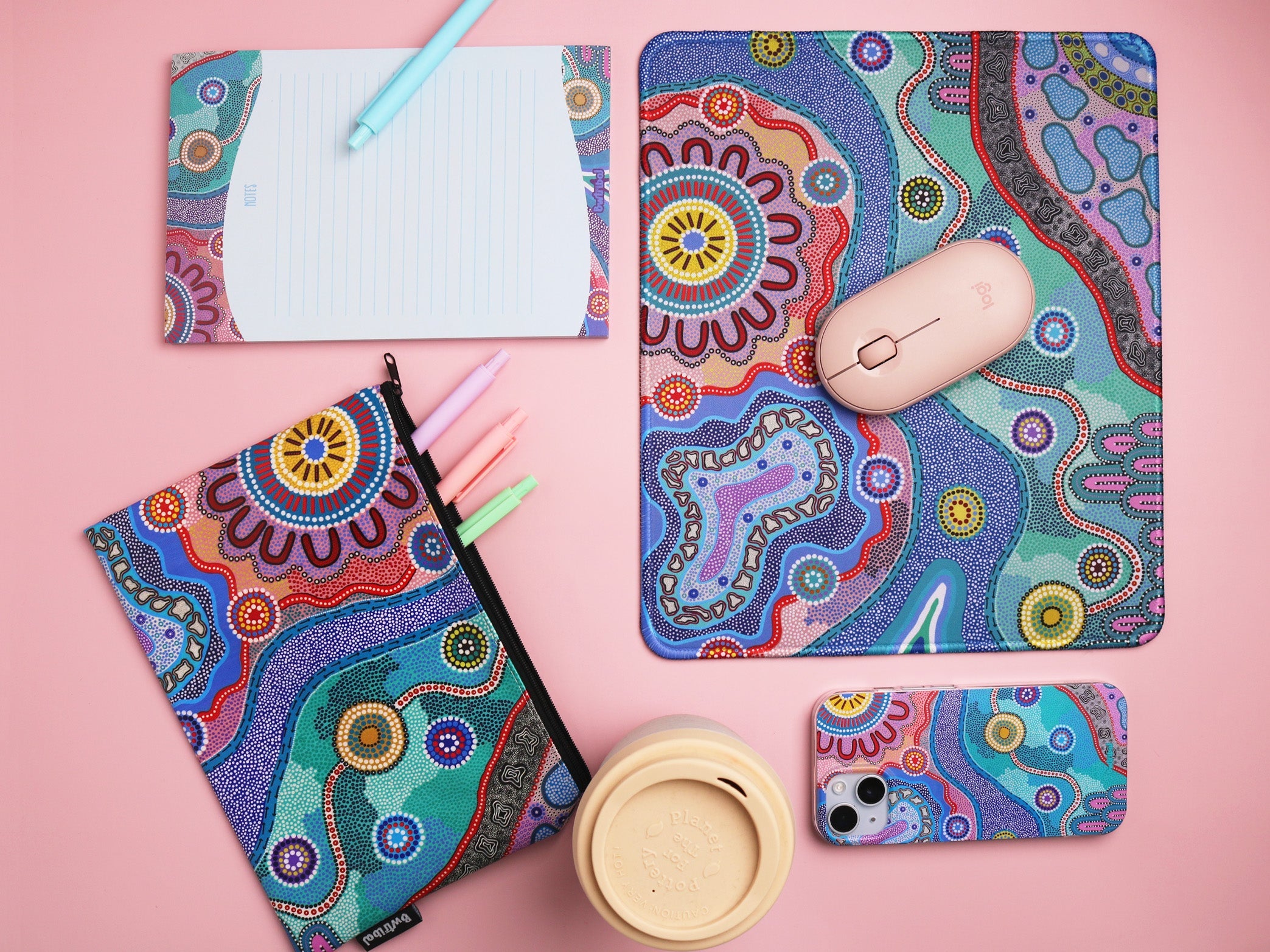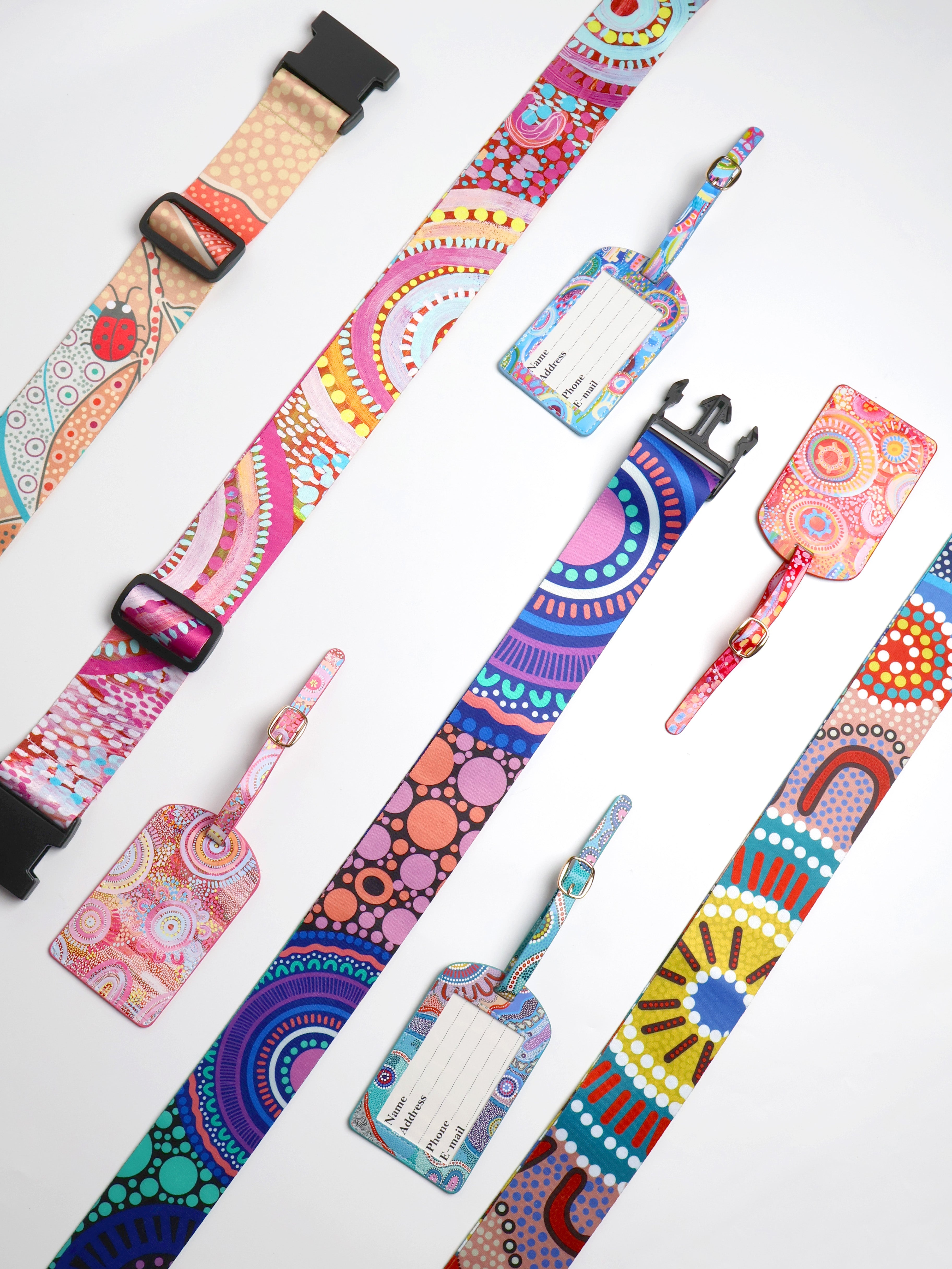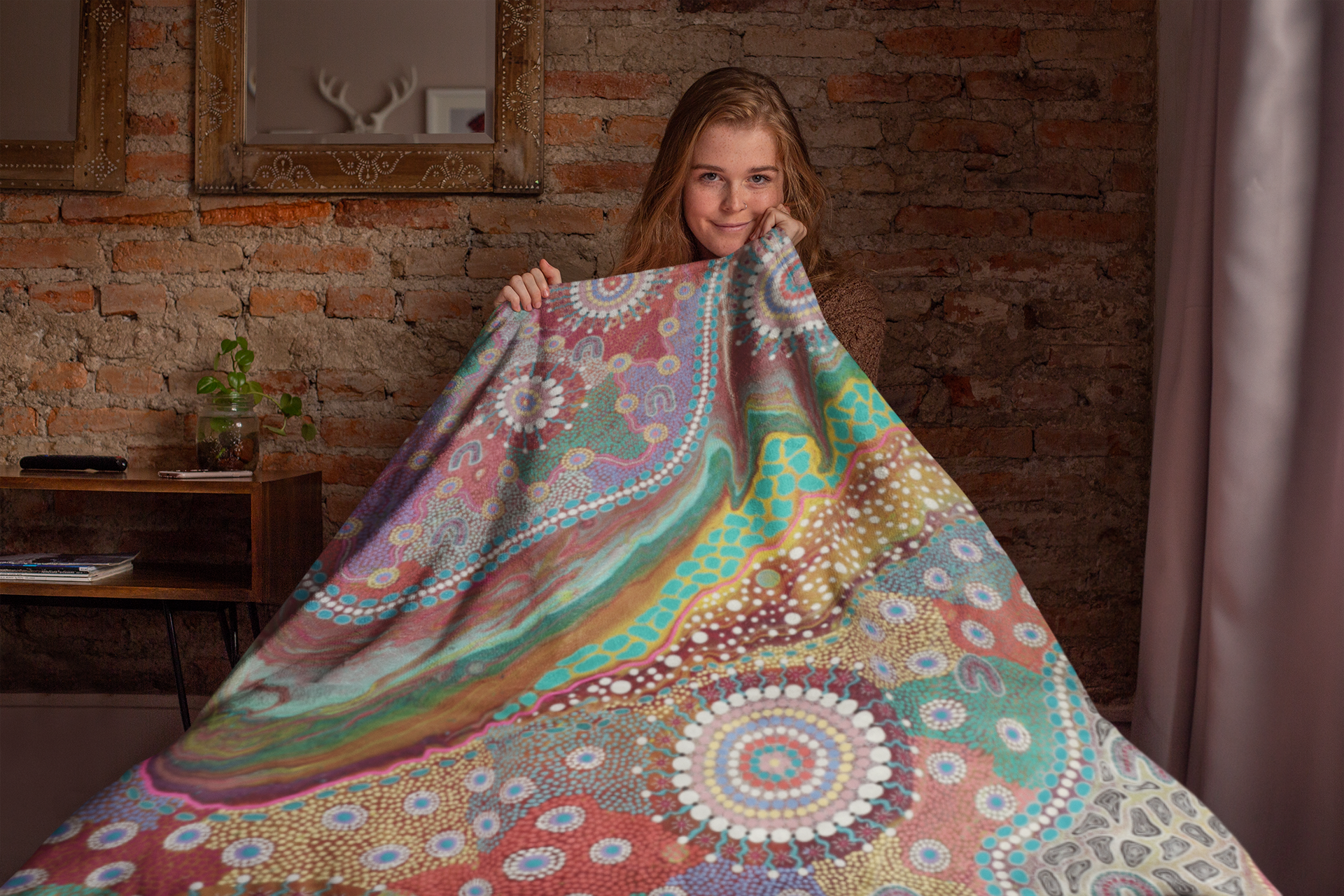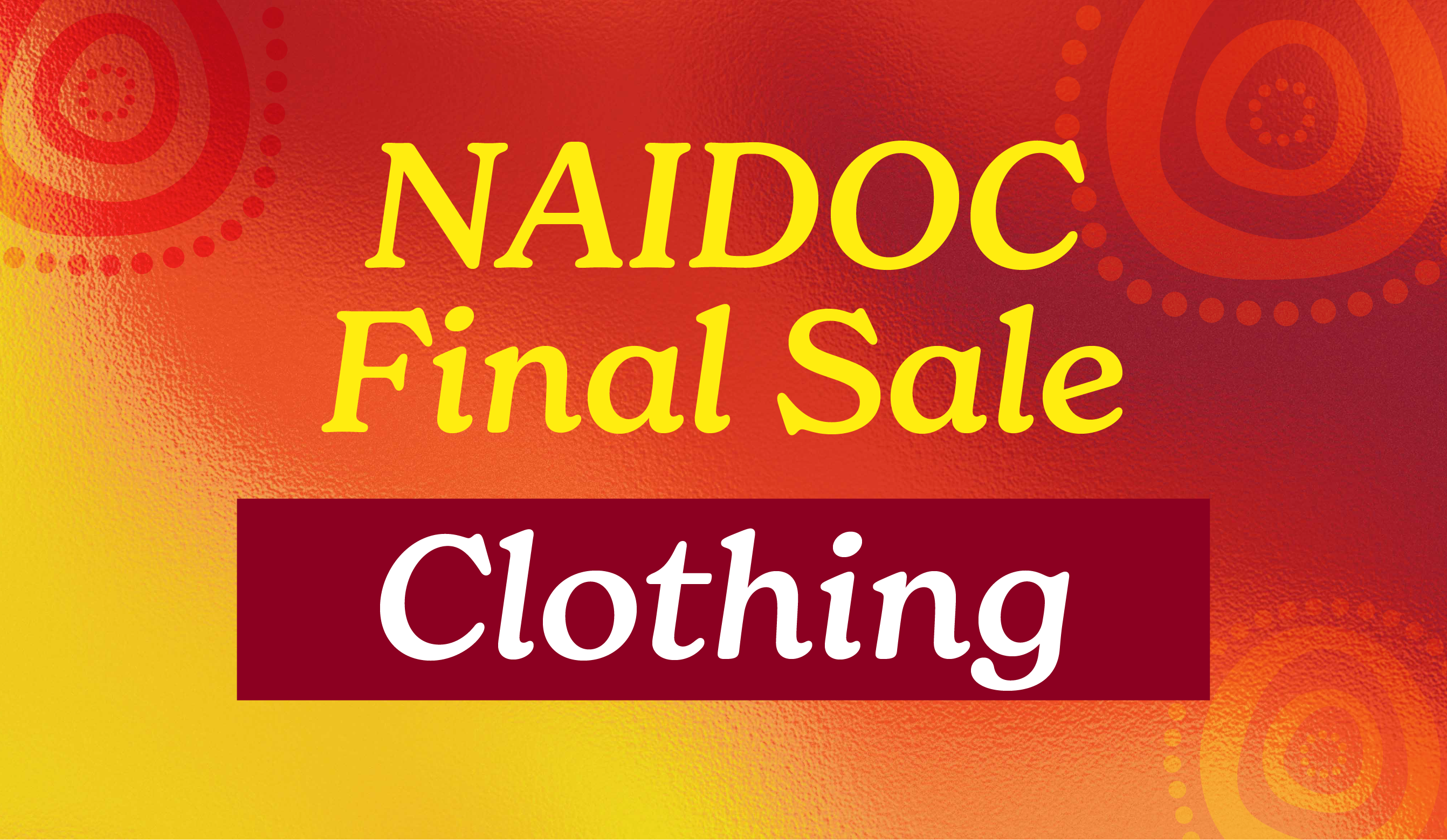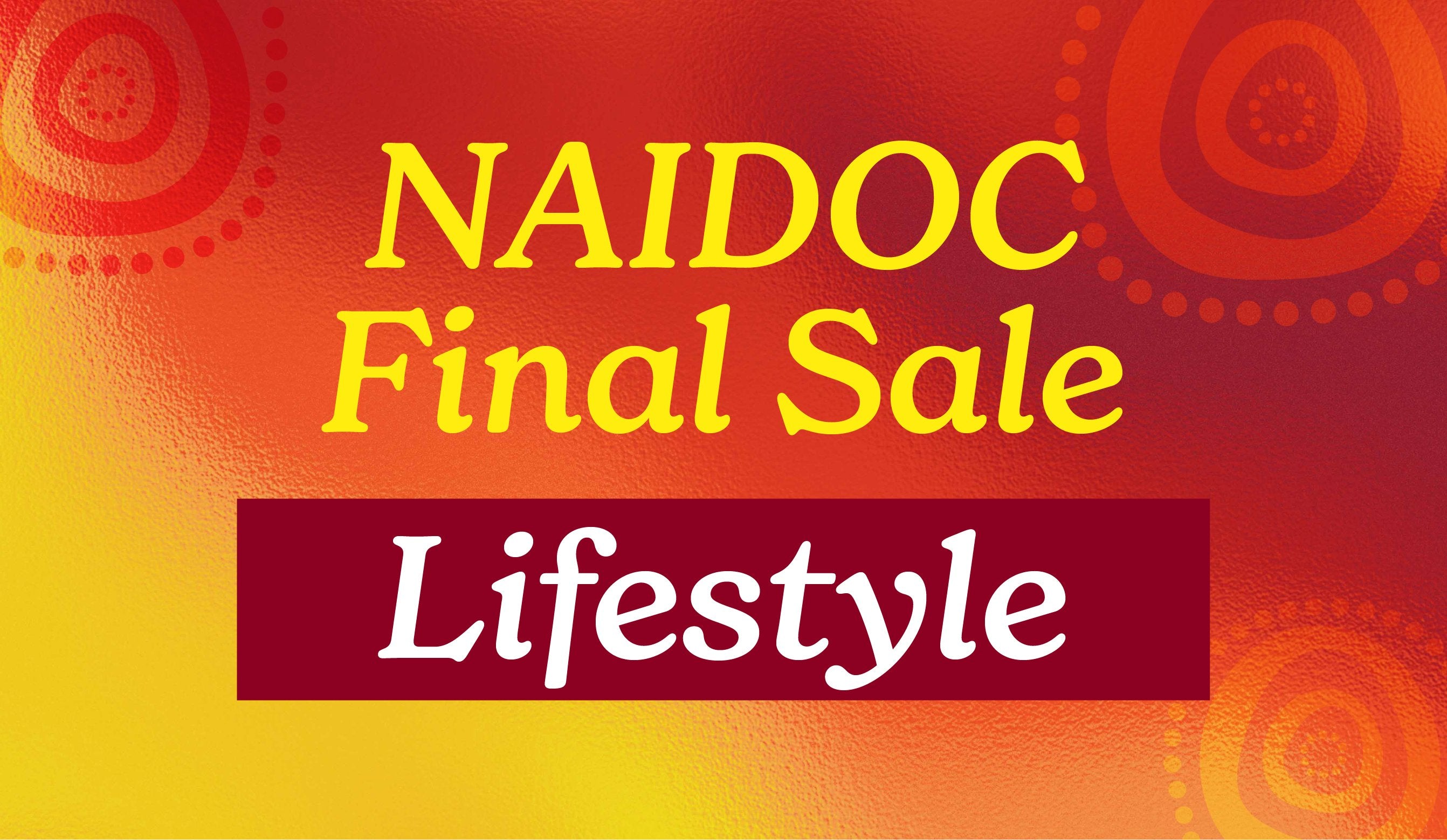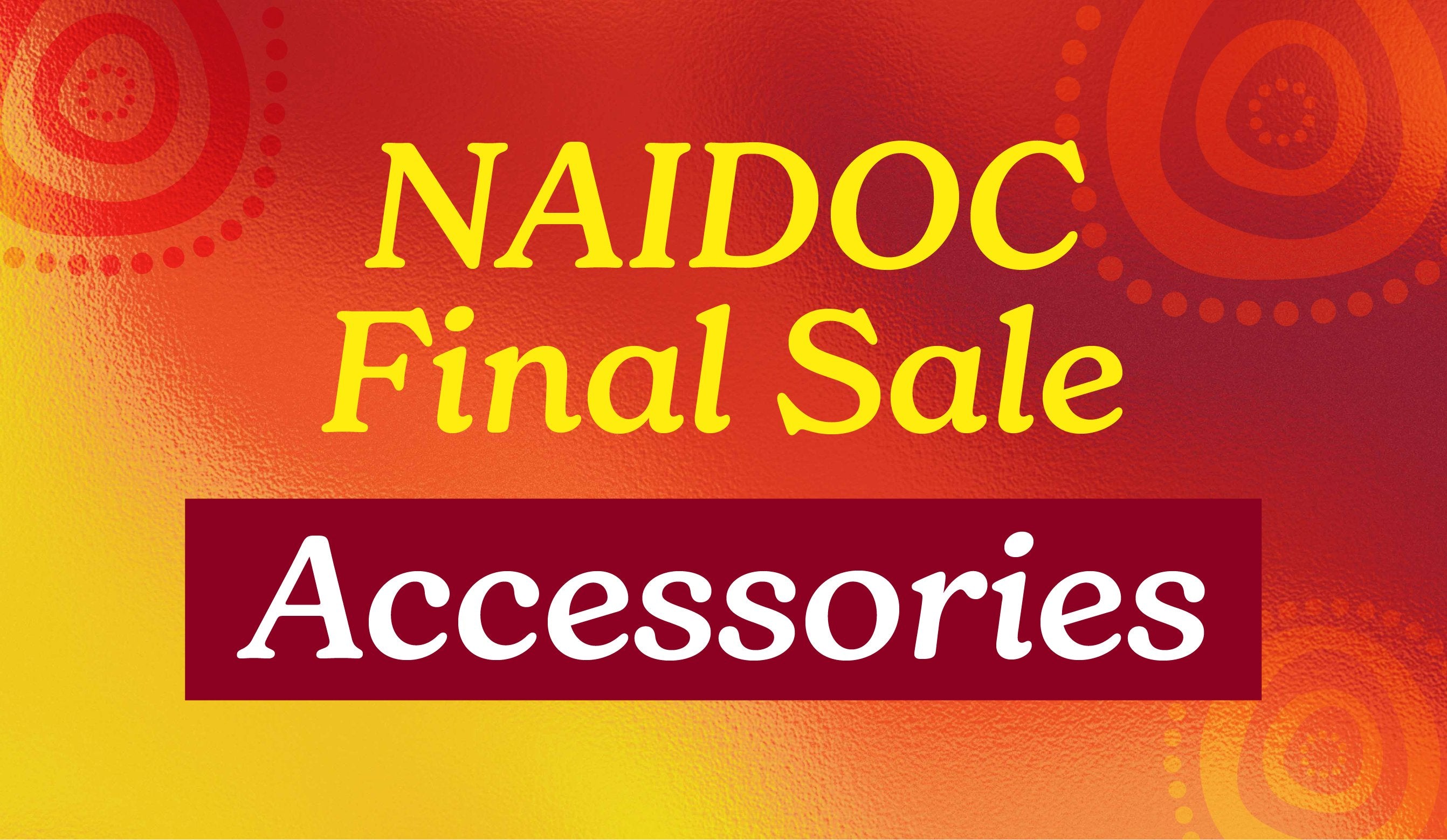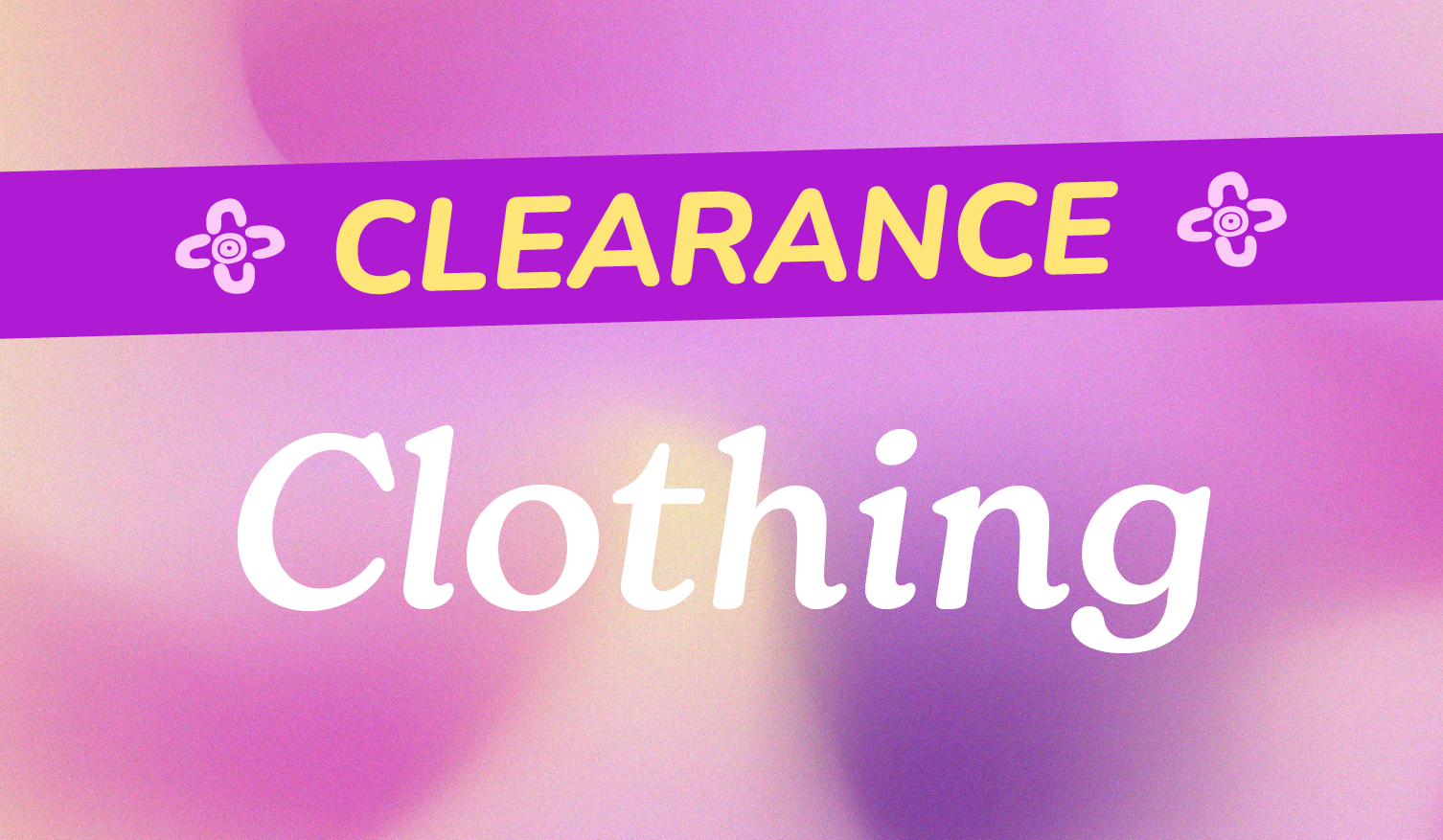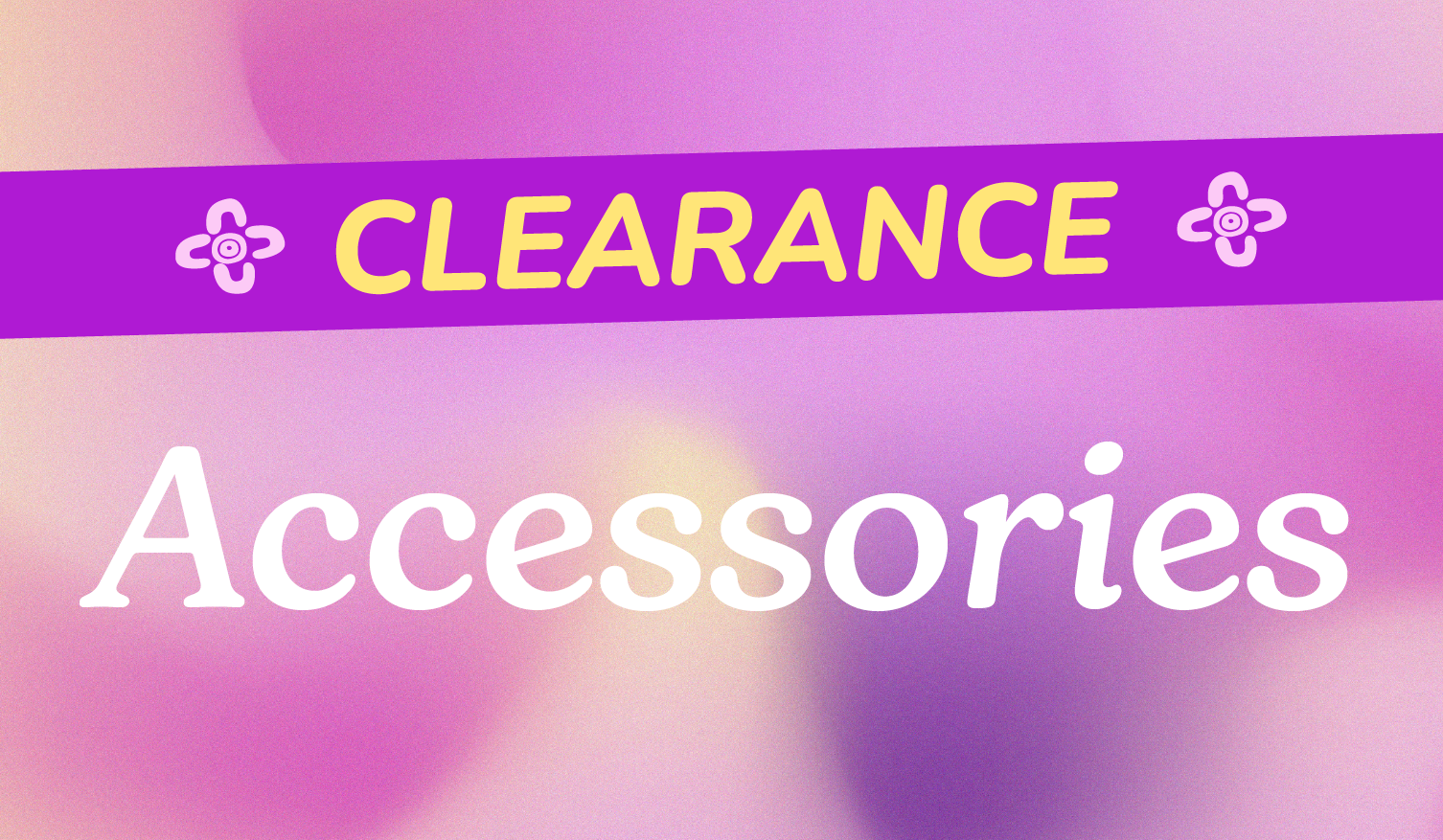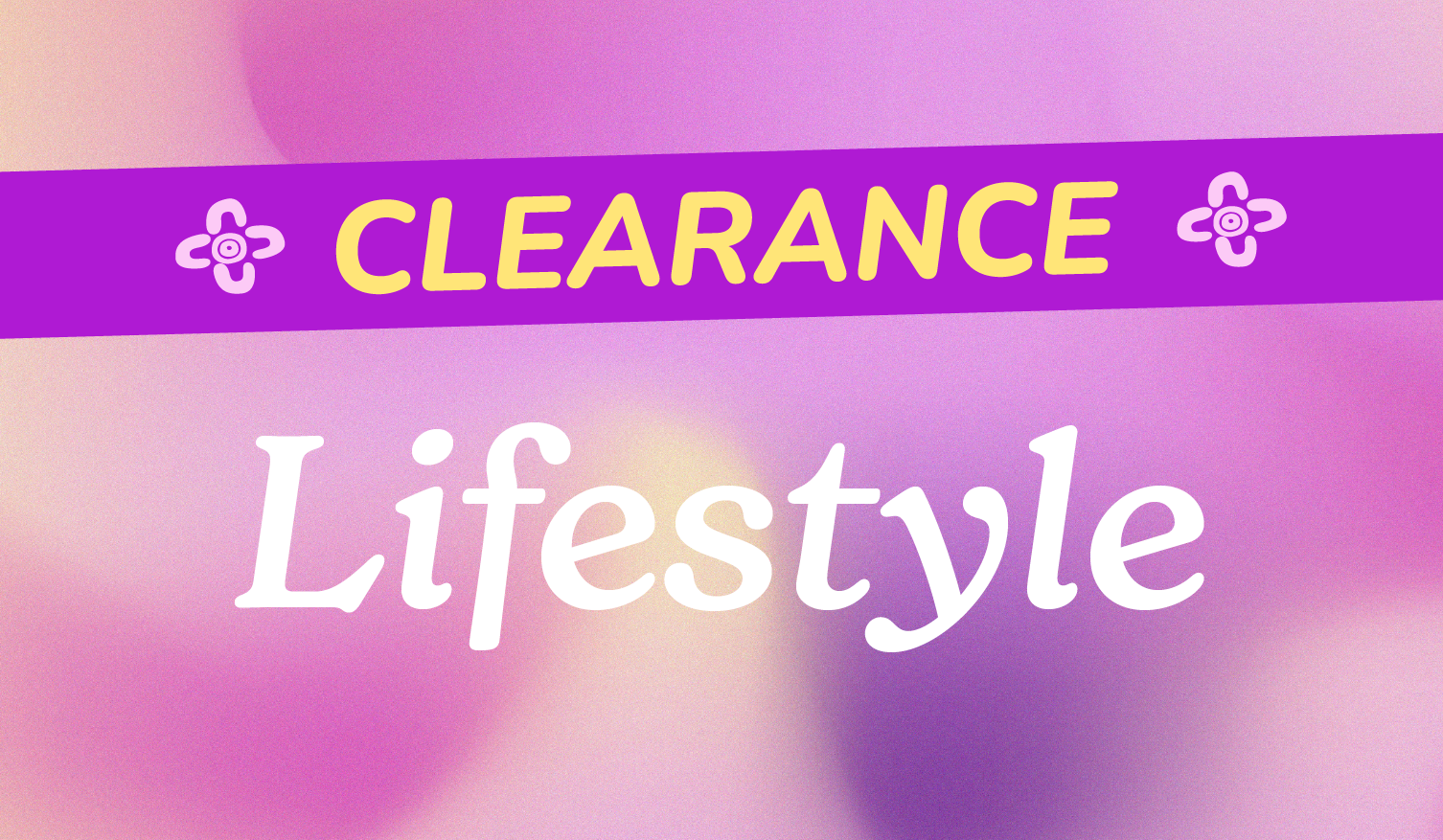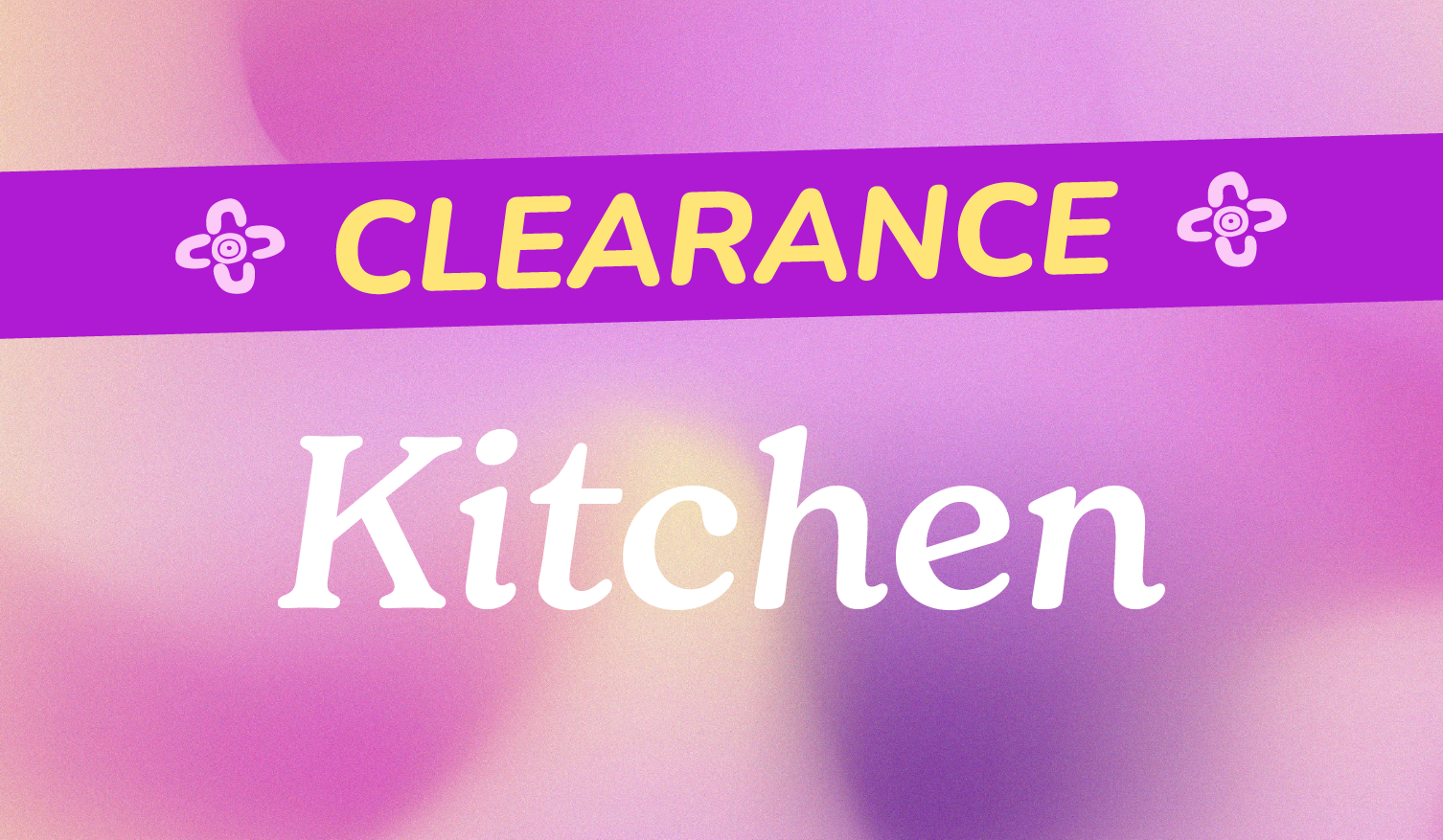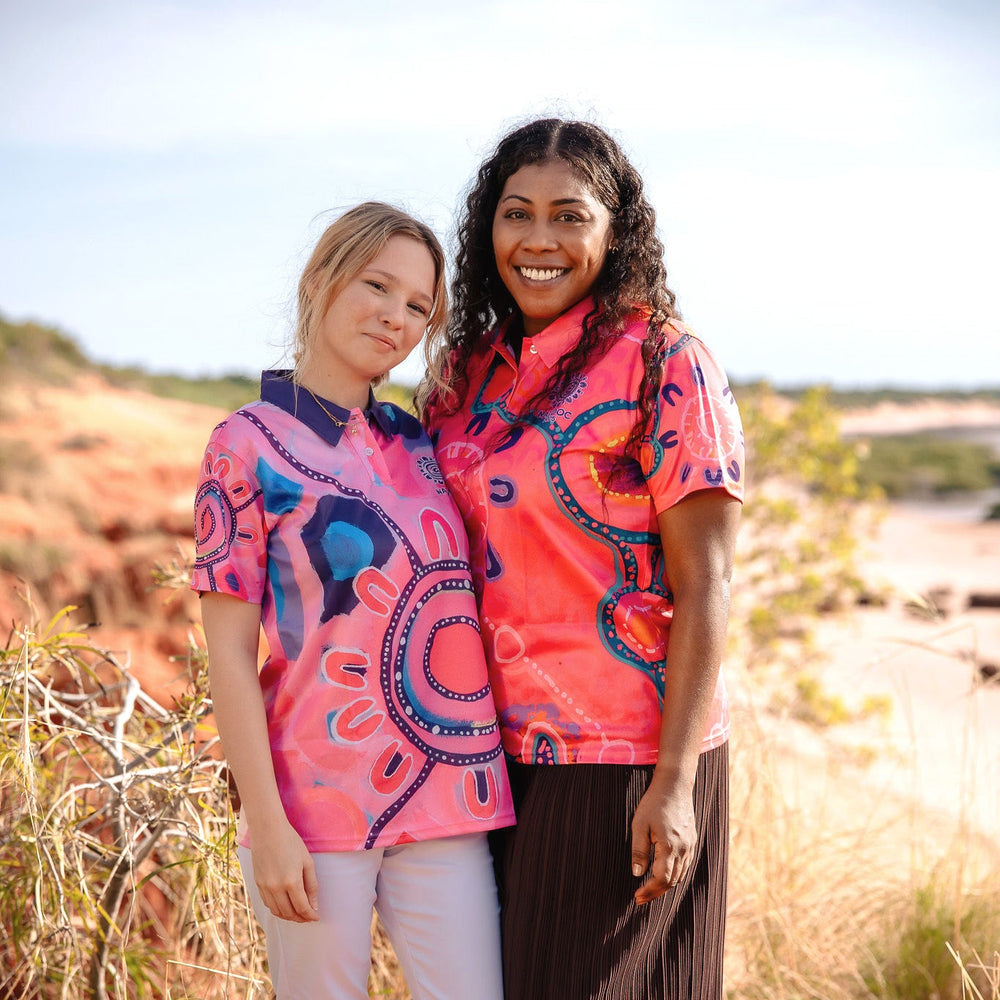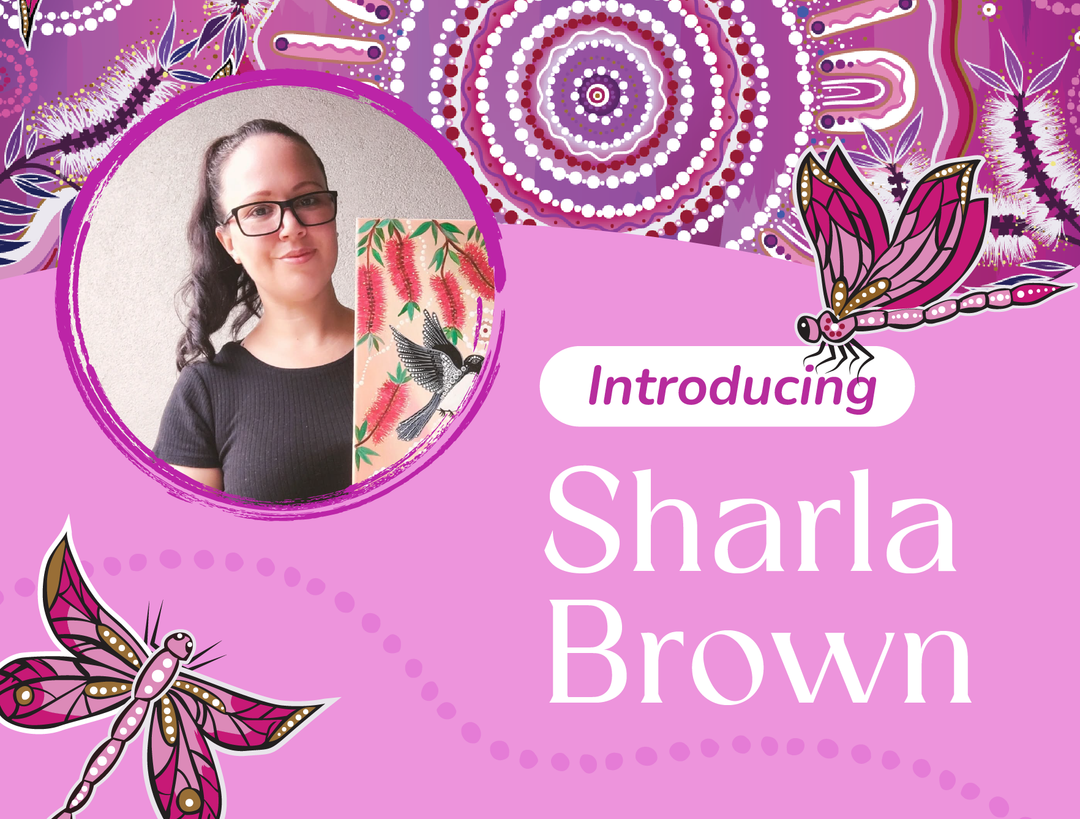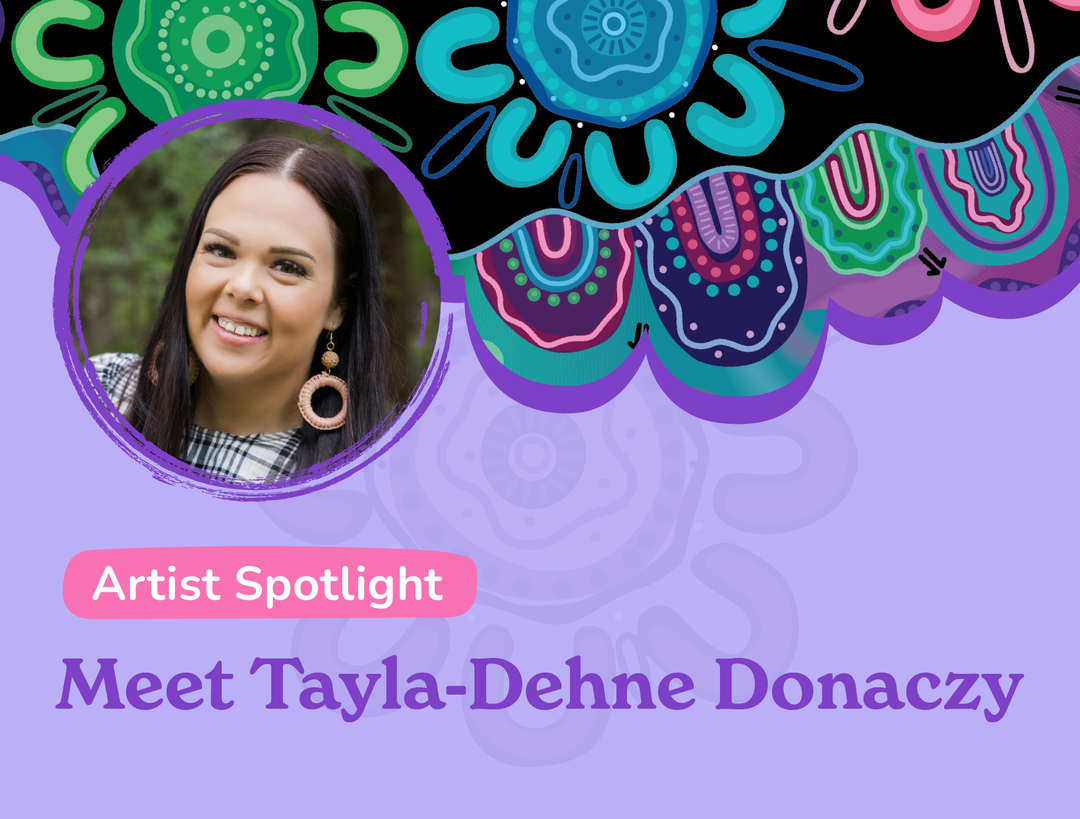Aboriginal and Torres Strait Islander readers are advised that the following article contains the name of, and information pertaining to deceased persons.
The Indigenous LGBTQ+ community in Australia is a vibrant and resilient group that has long navigated the unique intersections of their Aboriginal and Torres Strait Islander heritage and queer identities. Despite facing dual marginalisation, these individuals show remarkable strength, pride, and creativity in expressing themselves and advocating for their rights. In this article, we celebrate the experiences of Indigenous LGBTQ+ Australians, highlighting their participation in events like the Sydney Mardi Gras, the legacy of trailblazers like Malcolm Cole, and the ongoing journey towards greater acceptance and equality.
The beauty of Aboriginal and Torres Strait Islander LGBTQ+ communities lies in their ability to navigate and celebrate their multifaceted identities. These communities embody a unique intersection of culture, gender, and sexuality, creating a blend of experiences that enrich the broader Indigenous and LGBTQ+ landscapes.
Queer Indigenous Australians have long been underrepresented in many aspects of society, but their participation in events like the Sydney Mardi Gras has become a powerful platform for expression and advocacy. Mardi Gras provides an opportunity for Indigenous LGBTQ+ Australians to showcase their pride, creativity, and resilience, bringing their unique perspectives and stories to the forefront.
One such trailblazing figure is Malcolm Cole, who made a bold statement at the 1988 Sydney Mardi Gras amidst bicentennial celebrations of European settlement. Cole portrayed Captain Cook, who is arguably Australia’s most prominent symbol of colonisation, in a float called 'The Aboriginal Boat.' This creative act of defiance highlighted the ongoing impacts of colonialism and the dual marginalisation experienced by queer Indigenous people.
Cole's legacy, carried on by his brother Robert's participation in modern parades, speaks to the enduring struggle for recognition and equality faced by Indigenous LGBTQ+ Australians. It underlines the critical role of LGBTQ+ events in providing a platform for marginalised communities to voice their unique perspectives and challenges. The visibility and celebration of Indigenous LGBTQ+ Australians at events like the Sydney Mardi Gras serve as a powerful reminder of their resilience and the progress made in the face of adversity. These events provide a space for Indigenous LGBTQ+ individuals to come together, share their stories, and build networks of support and solidarity.

Indigenous LGBTQ+ Australians bring a rich cultural heritage to their gender and sexual identities, often drawing upon traditional knowledge and practices to inform their understanding of themselves and their place within their communities. The concept of Brotherboys (trans men) and Sistergirls (trans women), for example, highlights the way in which Indigenous understandings of gender can transcend Western binary norms. ‘Sistergirl’ and ‘Brotherboy’ are terms used by Aboriginal and Torres Strait Islander people to describe gender diverse individuals who embody either a female or male spirit, respectively, and take on traditional cultural roles within their community, with many having strong connections to their heritage. This cultural lens adds depth and nuance, showcasing the diversity within the Indigenous Australian LGBTQ+ community and the importance of intersectional approaches to advocacy and support.
Recent research and reports shed light on the significant hurdles the Indigenous LGBTQ+ community continues to face. A study from Western Australia highlights the frequent invisibility and marginalisation of queer Indigenous individuals, both within broader Australian society and their own communities. Racism often compounds the discrimination experienced due to gender and sexual identity, leading to issues like homelessness, mental health struggles, and isolation.
Reports from the Australian Human Rights Commission further detail the discrimination faced by Brotherboys (trans men) and Sistergirls (trans women) within Indigenous communities. These reports call for a more inclusive approach that respects both the cultural and individual identities of Indigenous LGBTQ+ individuals, emphasising the need for supportive health and community services attuned to their unique needs.
Despite these adversities, the Indigenous LGBTQ+ community demonstrates remarkable resilience and pride. The road to full acceptance and equality for queer Indigenous Australians is challenging, but their vibrant participation in cultural and public events marks vital steps towards change. Through continued advocacy, representation, and education, the dual heritage of Indigenous LGBTQ+ Australians can be celebrated not just during Pride Month or Mardi Gras, but as an integral part of the nation's fabric.
At BW Tribal, we stand in solidarity with the Indigenous LGBTQ+ community and are committed to amplifying their voices and stories. As Australia's largest 100% Indigenous-owned clothing company, we recognise the importance of representation and inclusivity. We strive to create products that celebrate the diverse identities within Indigenous communities, including our LGBTQ+ members. By supporting BW Tribal, you are not only investing in high-quality, ethically-made clothing but also contributing to the empowerment and visibility of Indigenous LGBTQ+ Australians.
As we continue to work towards a more inclusive and equitable society, it is crucial that we recognise and uplift the voices and experiences of Indigenous LGBTQ+ Australians. We can contribute to the visibility and empowerment of these communities, celebrating their beauty, resilience, and pride not just during designated events or months, but every day. Through continued education, advocacy, and allyship, we can create a future where the intersection of Indigenous and LGBTQ+ identities is celebrated as a source of strength and inspiration for all Australians.





